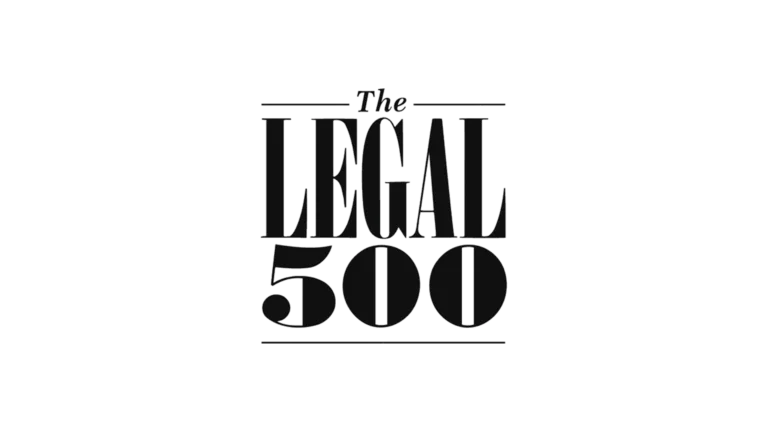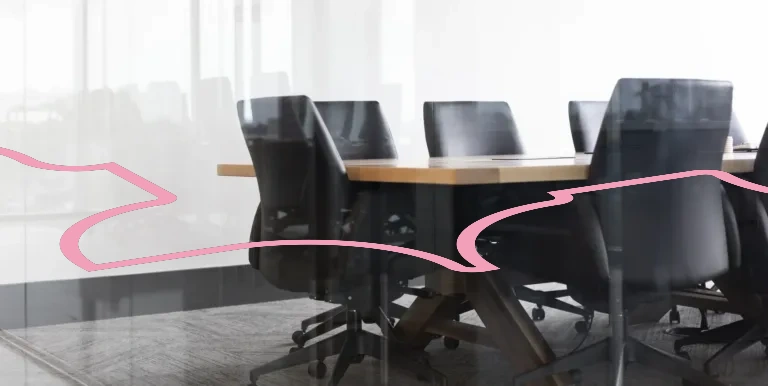Charity legacies
Our Charity Law team also has extensive experience in advising charities on the issues that can arise concerning a charity’s legacy income, including construction and rectification of Wills, problems with the administration of estates in which charities have an interest, and ex gratia payments. We understand that a charity’s trustees have a duty to act at all times in the charity’s best interests and to protect and maximise the assets of the charity, which includes any legacies due to them. We can advise on how best to protect the legacy income, whilst keeping in mind the cost and PR implications of doing so.
Support for trustees
We regularly provide training to trustees – both new and old – as well as attending trustee meetings and AGMs to provide a legal sounding board.
Charity formation and structuring
If you are considering establishing a charitable foundation or trust, Lodders can help you identify and put in place the best structure to help you achieve your charitable ambitions, whilst mitigating tax. Since the Charities Act, we have also helped a number of charities review and refine their structures, including setting up a number of CIOs – Charitable Incorporated Organisations.
Talk to Lodders’ Legal Experts
Primary contact:
Led by Mark Lewis, Lodders’ specialist charity and not-for-profit law team offers substantial, in-depth expertise gained through working with charitable and not-for-profit organisations of all shapes and sizes that value the personal and responsive service we provide.
240
Years of legal service
Four
Top ranked legal teams
No.1
Midlands property law firm
RELATED NEWS
News, events, and insights that may be of interest.
Charity Law FAQS
Questions answered
Not sure that this is the service for you? Take a look at some of our frequently asked questions for more information.
You must be over the age of 18 (or 16 if the charity is set up as a company or Charitable Incorporated Organisation).
People who have unspent criminal convictions (involved in dishonesty or deception), as well as those who are an undischarged bankrupt or have been banned from serving as a company director.
managing risks, budgeting, generating income, managing & protecting funds & property (owned or rented), as well as fulfilling responsibilities towards staff and volunteers.
Trustees must act in their charity’s best interests. This means that it is for the co-trustees alone to collectively decide what will best allow the charity to carry out its purposes, and always act in that way.
Trustees are involved in decision making and must ensure that they are not influenced by personal prejudices and strong personalities and must act in the charities best interest.
The conflicted trustee should remove themselves from the discussion and decision making process.
Generally the law protects trustees from personal liability if they have acted honestly and reasonably, and indemnity provisions can be relied on.
But any unauthorised payment to a trustee must be repaid. The guidance outlines in 10.4 what trustees can do to reduce their risk of become personally liable.
Whether trustees become liable to third parties, for example to an employee whose rights have been breached or to a member of the public injured on the charity’s property, depends on if the charity is incorporated. Even if the charity is unincorporated, the charity can normally meet liabilities incurred, unless the charity’s assets are insufficient to meet the claim.
Unincorporated charities which enter into contracts and employ staff should consider becoming incorporated.
Trustees should be aware that they could incur criminal liability if the charity’s staff commit offences, for example under the Bribery Act.
A legal document that changes, replaces or extends the trusts of a charity.
There are several advantages to registering as a charity. these can include obtaining relief on tax (income tax, corporation tax, VAT, capital gains tax, IHT, etc.), as well as receiving better rates and adding to a charities reputation.
An agreement on donations by a company to a charity or organisation.
Lodders’ Specialist Charity Law team offers substantial, in depth expertise gained through working with charitable and not for profit organisations of all shapes and sizes that value the personal and responsive service we provide.
Simply click the ‘Get in touch’ button at the top this page or visit our contact page link below.









